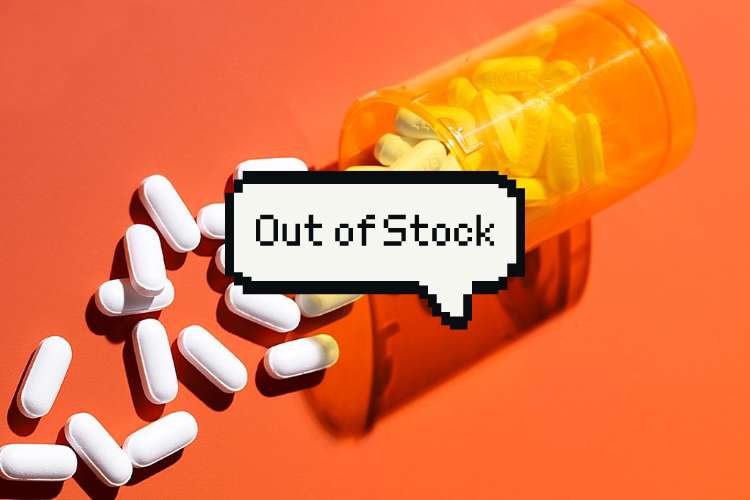Amid growing concerns over drug shortages in the US, a coalition of 11 Republican governors has penned a joint letter to Congress, urging swift action to address the persistent scarcity of critical medications. Albuterol, amoxicillin, and vital chemotherapies are among the drugs that have experienced shortages, often lasting for years without clear explanations.
A key concern highlighted in the letter is the heavy reliance on foreign sources for over 80% of active ingredients in prescription drugs sold in the US. This dependence on an international supply chain not only poses national security risks but also pits the nation against global competitors for essential resources.
To combat this issue, the governors advocate for heightened transparency in the pharmaceutical manufacturing process, encompassing raw material sourcing and the final product, including country of origin labeling. They emphasize the need for diversification in generic drug manufacturing, both in terms of raw materials and final production. Additionally, the letter calls for enhanced transparency from the FDA about supply chain disruptions and ongoing shortages.
Furthermore, the governors propose reconsidering the FDA’s guidance on expiration dates for certain medications and advocate for policies that enable drug importation, including waivers to facilitate medication purchase from Canada. Finally, the governors urge the creation of a regulatory environment that is more conducive to domestic drug production.
The governors’ concerns align with recent comments by FDA Commissioner Robert Califf, who emphasized the fundamental challenges facing the U.S. drug industry, which has two distinct sectors: high-priced innovator drugs and generic drugs with prices driven below manufacturing costs.
Currently, the FDA’s online database lists around 137 unresolved drug shortages, reflecting the severity of the issue at hand. As concerns about drug shortages persist, the governors’ united call to action underscores the urgency of addressing this critical challenge in the pharmaceutical landscape.





























